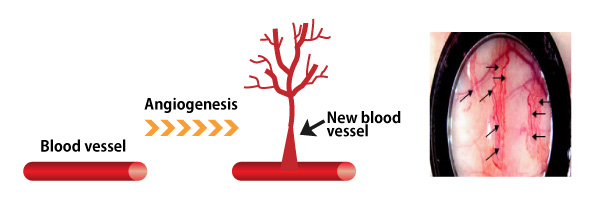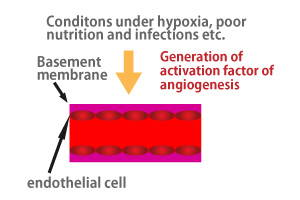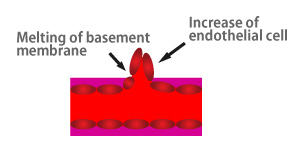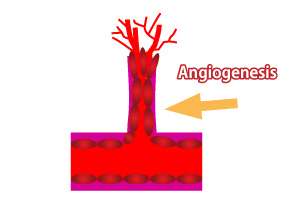Articles
What is Angiogenesis?
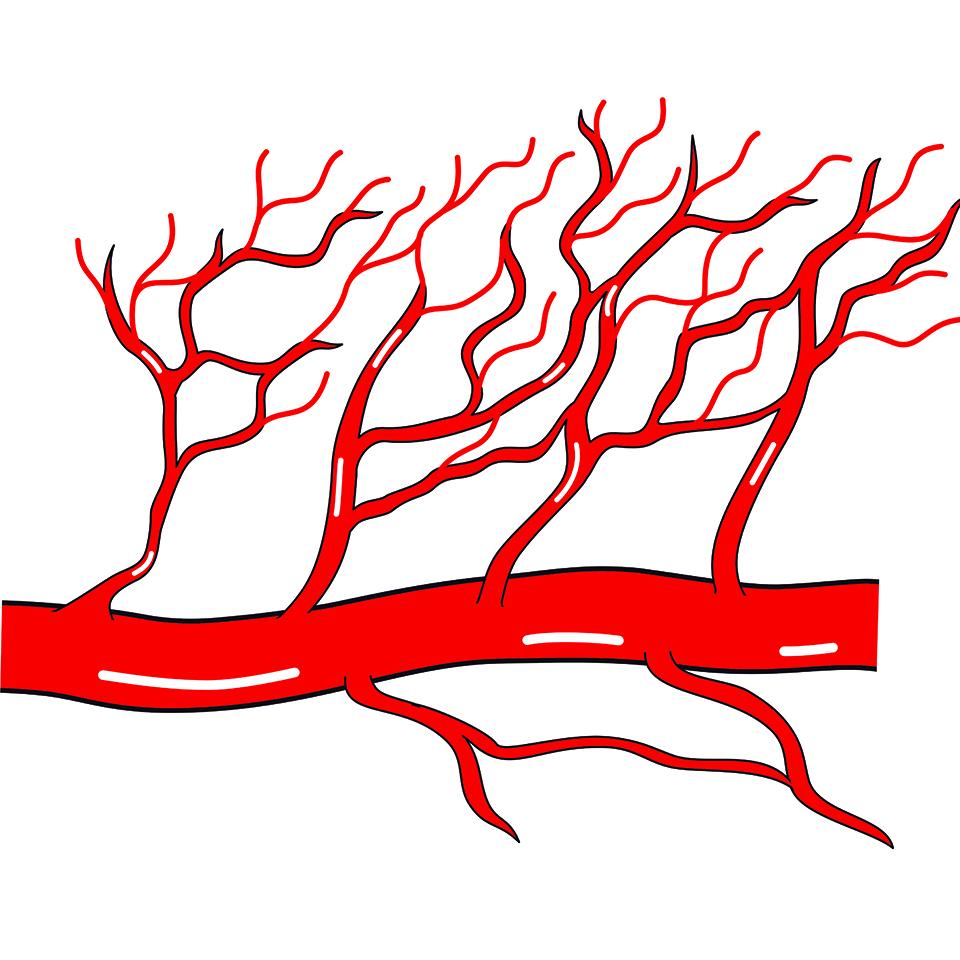
Angiogenesis is the term used to describe the development of new blood vessels derived from ‘angio’ meaning blood and ‘genesis’ meaning birth.
About angiogenesis
The phenomenon when networks of new blood vessels are generated.The new blood vessels grow from the existing blood vessels.
Angiogenesis and related diseases
However, in common with all the other functions in the body, when angiogenesis is overstimulated problems develop and angiogenesis is a “common denominator” shared by diseases affecting more than one billion people worldwide. This includes Tumors, Skin Aging, Psoriasis, Rheumatoid Arthritis, Obesity, Diabetic Retinopathy and more than 70 other major health conditions affecting children and adults in developed and developing nations.
Anti-angiogenesis therapies are important mediators in many diseases and research to discover new angiogenesis inhibitors is increasing to the extent that it will have a similar impact in the 21st century to that of antibiotic research in the 20th century.
References
- Carmeliet P. Angiogenesis in health and disease. Nat Med 2003, 9(6), 653-60.
- Kristina M. Cook; William D. Figg. Angiogenesis inhibitors: current strategies and future prospects. CA Cancer J Clin. 2010 Jul;60(4):222-243.
- Folkman J. Angiogenesis in cancer, vascular, rheumatoid and other disease. Nat Med 1995 Jan, 1(1), 27-31.
- Li WW, Li VW, Casey R, et al. Clinical trials of angiogenesis-based therapies: overview and new guiding principles, in Angiogenesis: Models, Modulators and Clinical Application. Maragoudakis M, ed. Plenum Press, New York, NY 1998, pp.475-49
- The Angiogenesis Foundation
Related Resources
-

Macolipin (Lipid chiết xuất từ cá mập)
-

Lipid từ đại dương và Lecithin lòng đỏ trứng

